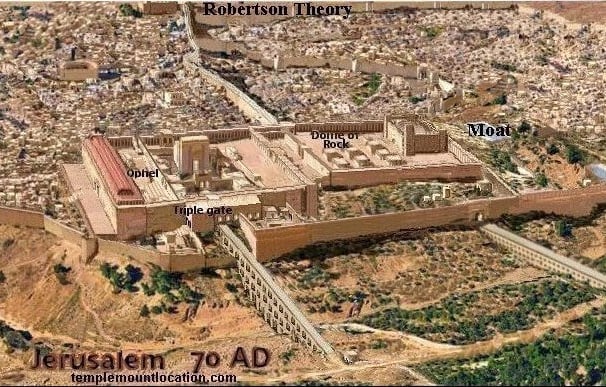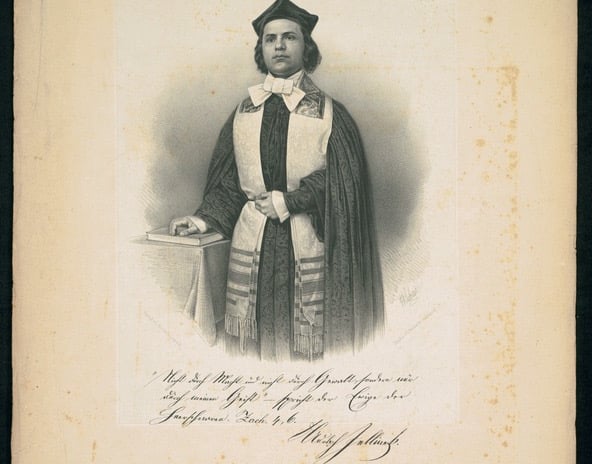
Jewish Heritage and Scholarship
Explore Jewish culture, scholarship, and advocacy for health and social care with deep roots.


Jewish Culture and Heritage
Explore Jewish culture, scholarship, and advocacy for health and social care with deep roots.


Heritage and Wisdom in Judaism
Exploring Jewish culture, scholarship, and advocacy through the lens of a devoted husband, father, and rabbi, dedicated to preserving ancient traditions and promoting health and social care.


Community support
Jewish Scholarship Services
Providing guidance in Jewish education, genealogy, and spiritual advocacy for the community and families.
Genealogy Research
Explore your Jewish heritage with expert genealogical research and uncover your family's history and roots.


Spiritual Guidance
Receive personalized spiritual support and insights based on Talmudic teachings and Jewish traditions for daily living.
Engage in meaningful discussions on Jewish texts, traditions, and laws to enrich your spiritual journey.
Textual Studies




Heritage








Exploring Jewish culture, history, and spiritual wisdom through art.





Contact Us
Reach out for inquiries about Jewish education and advocacy.

